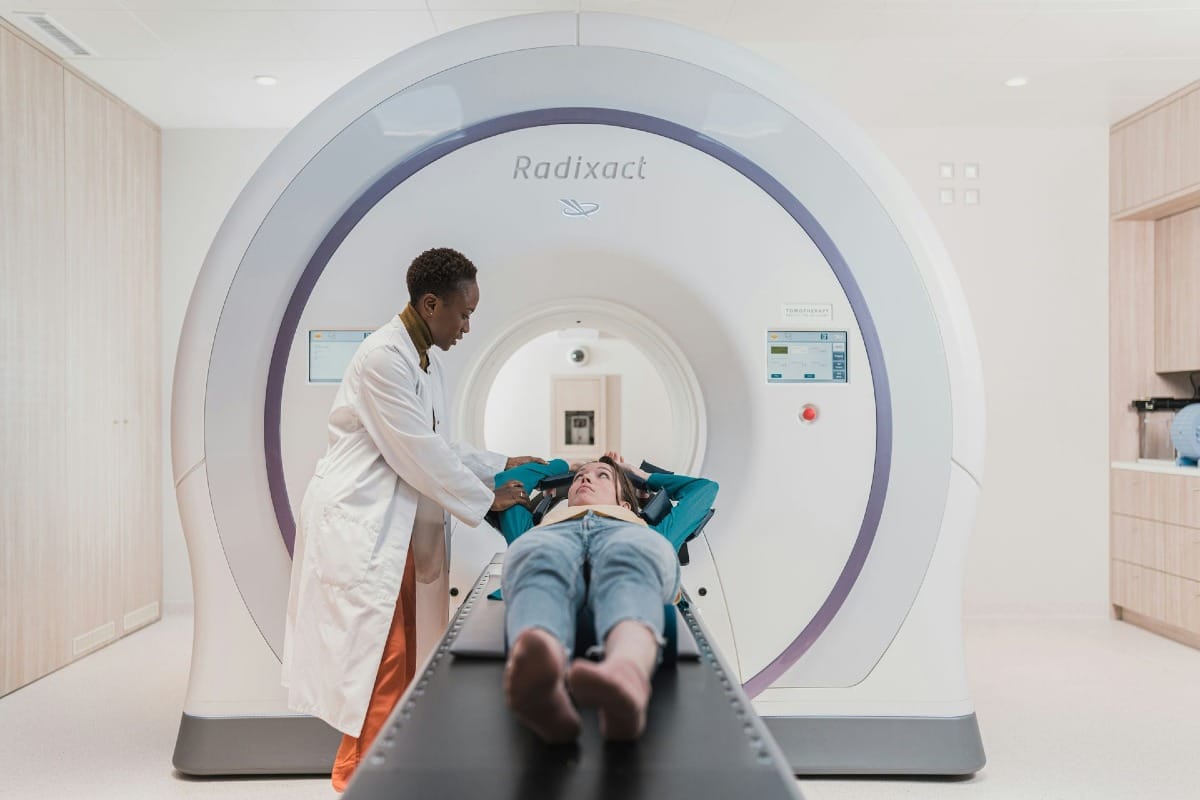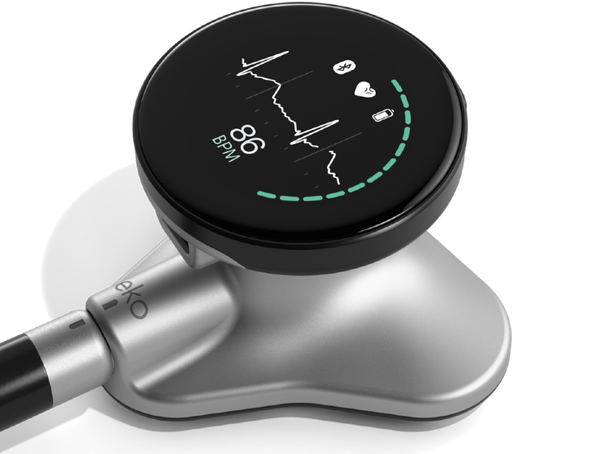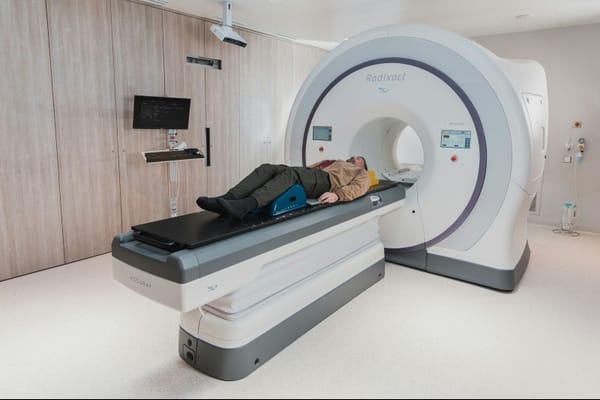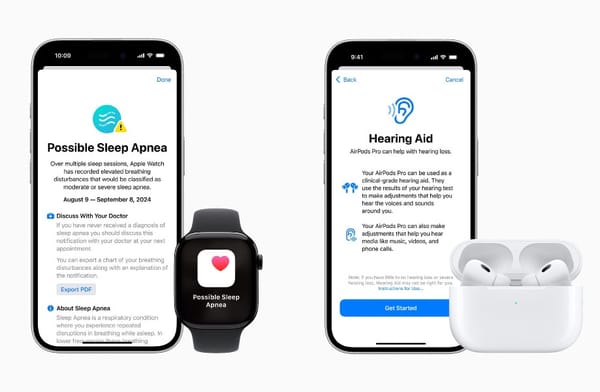In a remarkable advancement., researchers at Mayo Clinic have combined 3D body scanning technology with artificial intelligence to create a powerful new tool for predicting metabolic syndrome risk. This innovative approach offers a more accurate and comprehensive alternative to traditional methods like body mass index (BMI) and waist-to-hip ratio measurements.
Key Takeaways:
- Mayo Clinic researchers have developed an AI model using 3D body scans to predict metabolic syndrome risk.
- The new method is more accurate than traditional measures like BMI and waist-to-hip ratio.
- 3D scans capture over 600,000 data points, providing a detailed picture of body composition.
- The AI tool considers factors such as body shape, fat distribution, and muscle mass.
- This technology could lead to earlier detection and prevention of metabolic syndrome and related health issues.
The Rise of Metabolic Syndrome
Metabolic syndrome is a cluster of conditions that increase the risk of heart disease, stroke, and type 2 diabetes. It's becoming increasingly common, affecting about a quarter of the global population. The syndrome is typically diagnosed when a person has at least three of the following five conditions:
- Abdominal obesity
- High blood pressure
- High blood sugar
- High triglyceride levels
- Low levels of "good" HDL cholesterol
Traditionally, doctors have relied on simple measurements like BMI and waist-to-hip ratio to assess a person's risk. However, these methods have limitations and don't always provide a complete picture of an individual's health status.
Enter the 3D Body Scanner
The new approach developed by Mayo Clinic researchers uses a 3D body volume scanner to capture a detailed image of a person's body shape and composition[2]. This scanner collects over 600,000 data points, providing a much more comprehensive view than traditional measurements[2].
Dr. Francisco Lopez-Jimenez, director of Preventive Cardiology at Mayo Clinic and senior author of the study, explains: "The 3D information about body volume in these key regions, whether from the large, stationary 3D scanner or from the mobile app, accurately flagged the presence and severity of metabolic syndrome using imaging instead of invasive tests."[2]
The Power of AI in Health Prediction
The real magic happens when artificial intelligence is applied to the data collected by the 3D scanner. The AI model developed by the researchers can analyze this wealth of information along with other factors like age, gender, and basic health metrics to predict a person's risk of metabolic syndrome[2].
This AI-powered approach offers several advantages over traditional methods:
- Improved Accuracy: The AI model can detect subtle patterns and relationships in the data that might be missed by human observers or simpler statistical methods.
- Comprehensive Analysis: By considering multiple factors simultaneously, the AI can provide a more holistic assessment of a person's health status.
- Early Detection: The ability to identify risk factors early on could lead to more timely interventions and better health outcomes.
- Personalized Risk Assessment: The AI can provide individualized risk predictions based on a person's unique body composition and characteristics.
The Study and Its Findings
The Mayo Clinic team developed and validated their AI model using data from 1,280 volunteers[3]. These participants underwent comprehensive health evaluations, including 3D body scans, clinical questionnaires, blood tests, and traditional body measurements[3].
The results were impressive. The AI model using 3D scan data outperformed traditional methods in identifying individuals with metabolic syndrome[2]. It was also better at assessing the severity of the condition in those who had it.
Dr. Betsy Medina Inojosa, a research fellow at Mayo Clinic and first author of the study, notes: "There is a need for a reliable, repeatable measure of metabolic syndrome risk and severity. Body mass index measurements and bioimpedance scales that measure body fat and muscle are inaccurate for many people, and other types of scans are not widely available."[2]
Implications for Public Health
The development of this AI-powered 3D scanning technology could have significant implications for public health:
- Earlier Intervention: By identifying individuals at risk of metabolic syndrome earlier, healthcare providers can intervene sooner with lifestyle changes or treatments to prevent the development of serious health conditions.
- More Accurate Screening: The improved accuracy of this method could lead to better allocation of healthcare resources, ensuring that those most at risk receive the attention they need.
- Personalized Health Plans: The detailed information provided by the 3D scans and AI analysis could allow for more tailored health and fitness plans.
- Increased Awareness: As this technology becomes more widely available, it could help raise public awareness about metabolic syndrome and the importance of maintaining a healthy body composition.
Looking to the Future
While the results of this study are promising, more research is needed before this technology can be widely implemented in clinical settings. The researchers plan to expand their study to include a more diverse group of participants to ensure the AI model works well for people of all backgrounds[3].
There are also practical considerations to address, such as the cost and availability of 3D scanning equipment. However, the researchers note that even front and side-view photos taken with a mobile app could potentially be used with their AI model, making the technology more accessible[2].
Conclusion
The combination of 3D body scanning and artificial intelligence represents a significant step forward in our ability to predict and prevent metabolic syndrome. By providing a more accurate and comprehensive assessment of body composition and health risk, this technology has the potential to revolutionize how we approach preventive healthcare.
As we move into an era of personalized medicine, tools like this AI-powered 3D scanner could play a crucial role in helping individuals understand their unique health risks and take proactive steps to maintain their well-being. While there's still work to be done before this technology becomes a standard part of healthcare, its potential to improve lives and reduce the burden of chronic diseases is truly exciting.














Member discussion